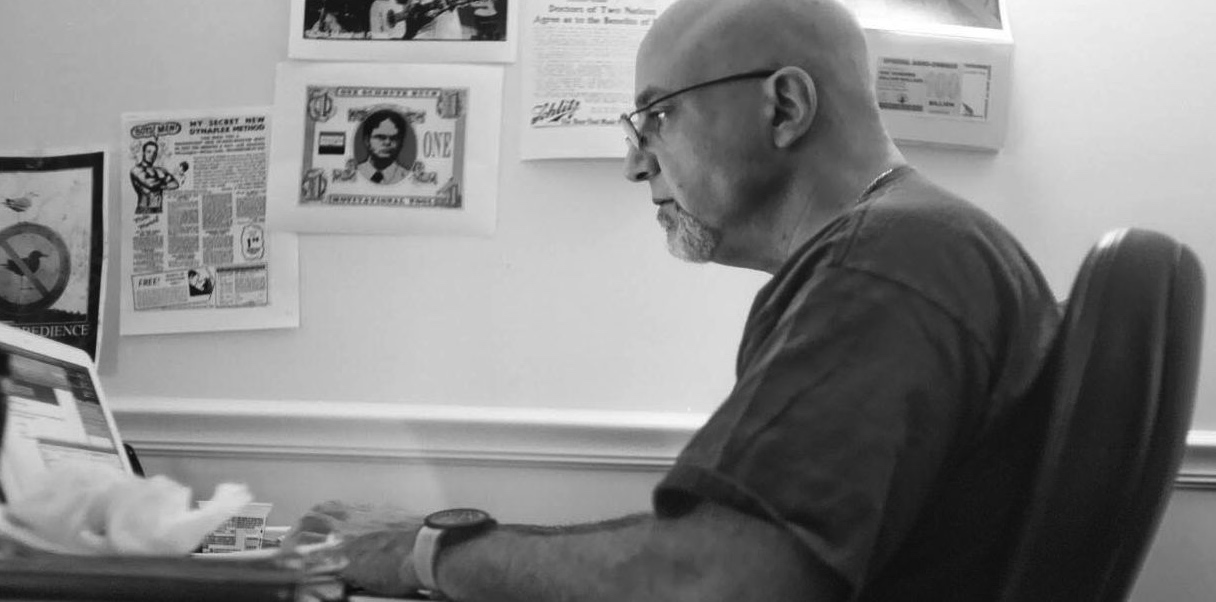Atlas Shrugged – Day 072 – pp. 782-791
Now we cut to a section where Rand does a little philosophical exposition via her characters. She expands her worldview to beyond the realm of just “business.”
Richard Halley is performing for Dagny. He explains — for us as much as her — his real view of his art. That it is more business than “artistic inspiration” as defined by the outside world.
“Miss Taggart, do you see why I’d give three dozen modern artists for one real business man? . . . Whether it’s a symphony or a coal mine, all work is an act of creating and comes from the same source; from an inviolate capacity to see through one’s own eyes — which means” the capacity to see, to connect and to make what had not been seen, connected and made before.”
Amen, brother.
Rand talks about two young boys who are the sons of a woman who runs the bakery shop. She says Dagny sees them as not having the look of children in the outer world. As being — what, youthfully optimistic? I guess like Dagny was in her own youth.
The mother explains her move to the valley.
“I came here not merely for the sake of my husband’s profession, but for the sake of my own, I came here in order to bring up my sons as human beings. I would not surrender them to the educational systems devised to stunt a child’s brain, to convince him that reason is impotent, that existence is an irrational chaos with which he’s unable to deal, and thus reduce him to a state of chronic terror.”
Amen, sister!
And then we move to the get-together. Hugh Akston, the three amigos, Dagny (and Kay Ludlow, Ragnar’s missus.)
Akston goes on for about four pages about how he came to know his three “sons.” About how he nurtured them, taught them. About how he grew to love them. About how he competed with Dr. Stadler for their futures.
Rand shows us a bit of optimism via Dr. Hugh:
“What I want you to understand, Miss Taggart, is the full evil of those who claim to have become convinced that this earth, by its nature, is a realm of malevolence where the good has no chance to win. Let them check their premises.”
Amen, brother Hugh!
“Every man builds his world in his own image. . . He has the power to choose, but no power to escape the necessity of choice. If he abdicates his power, he abdicates the status of man, and the grinding chaos to the irrational is what he achieves as his sphere of existence — by his own choice.”
